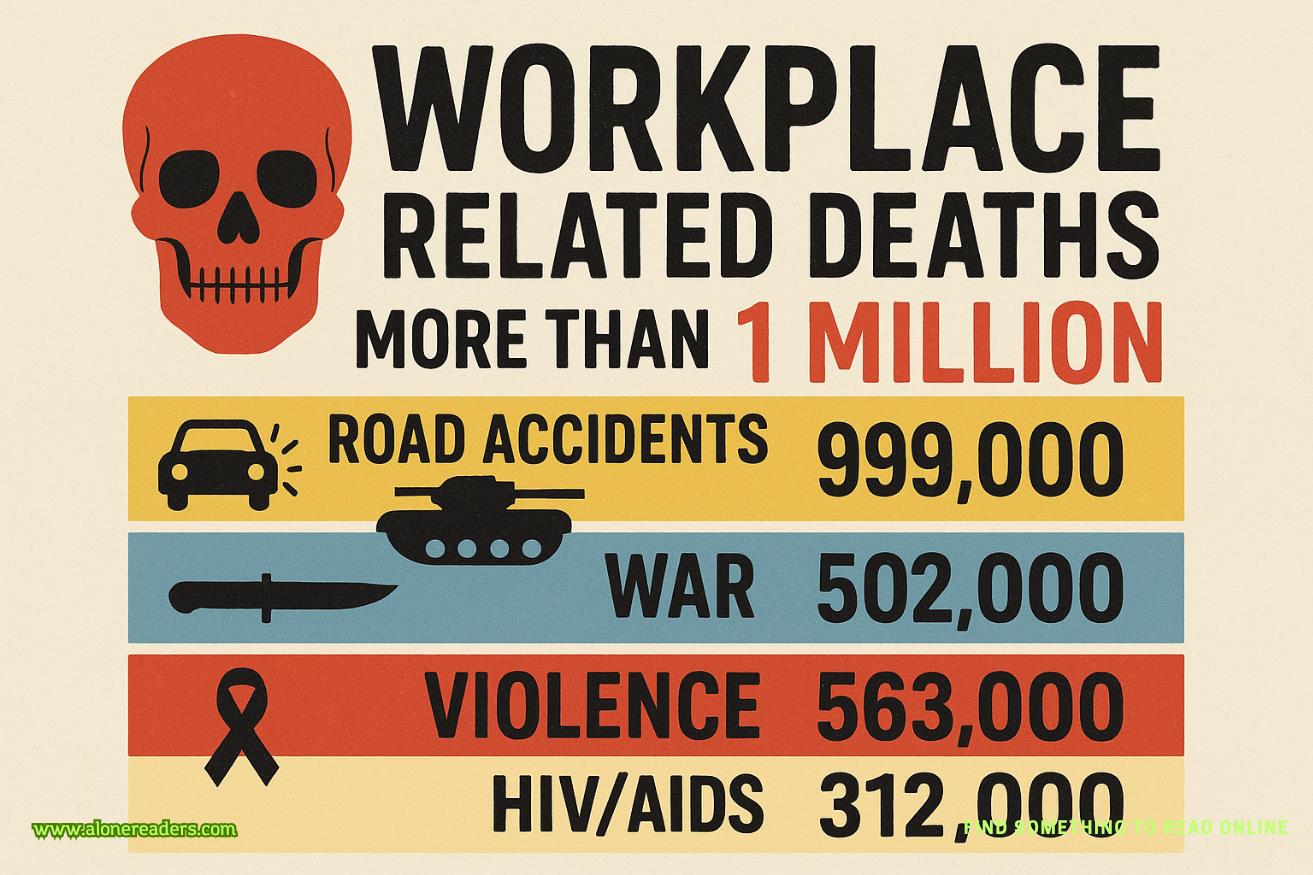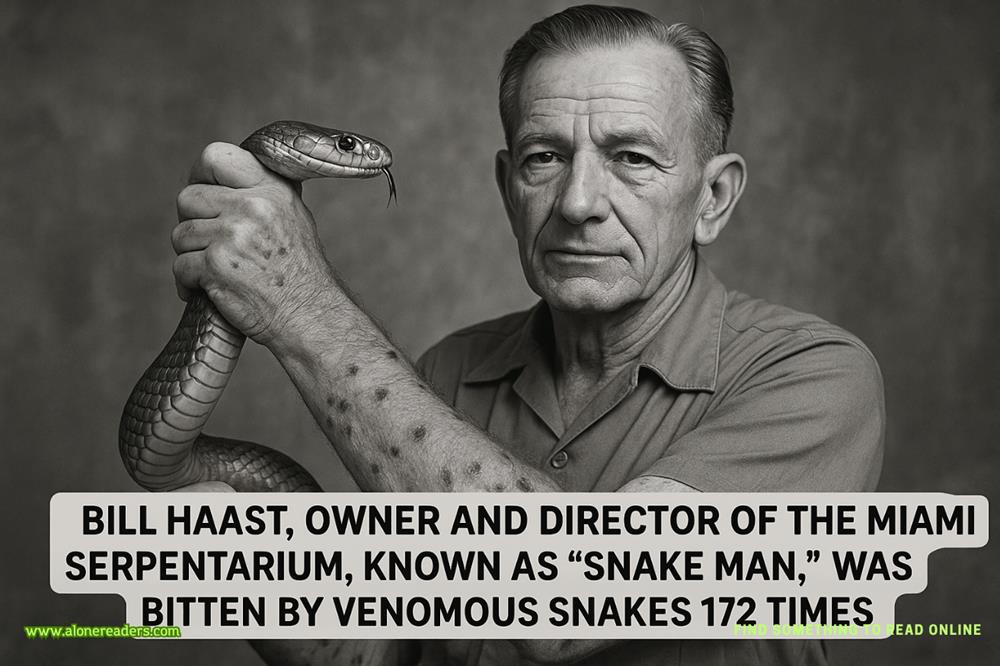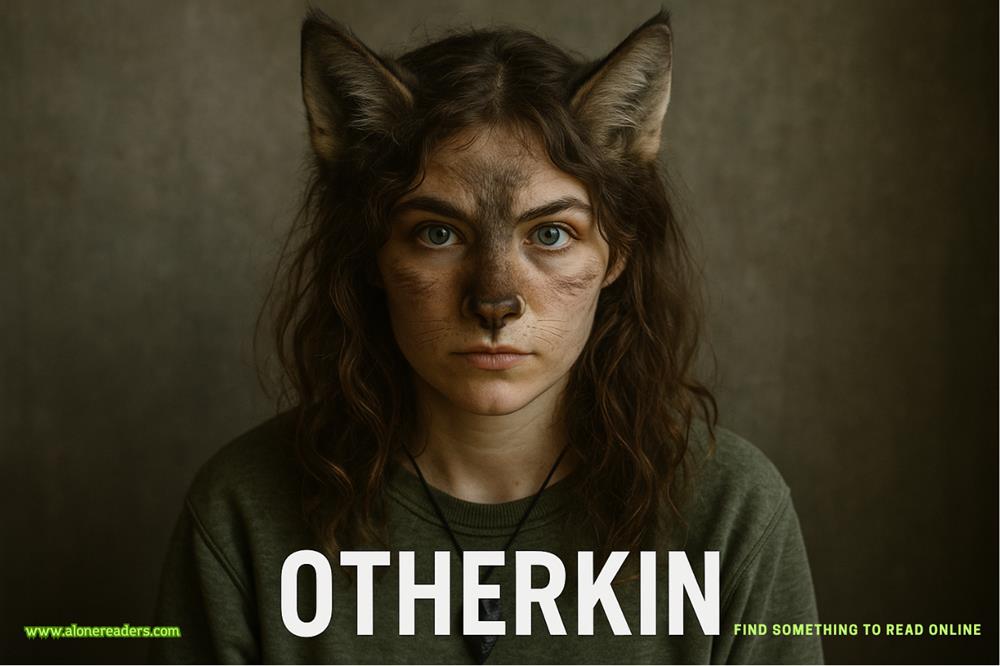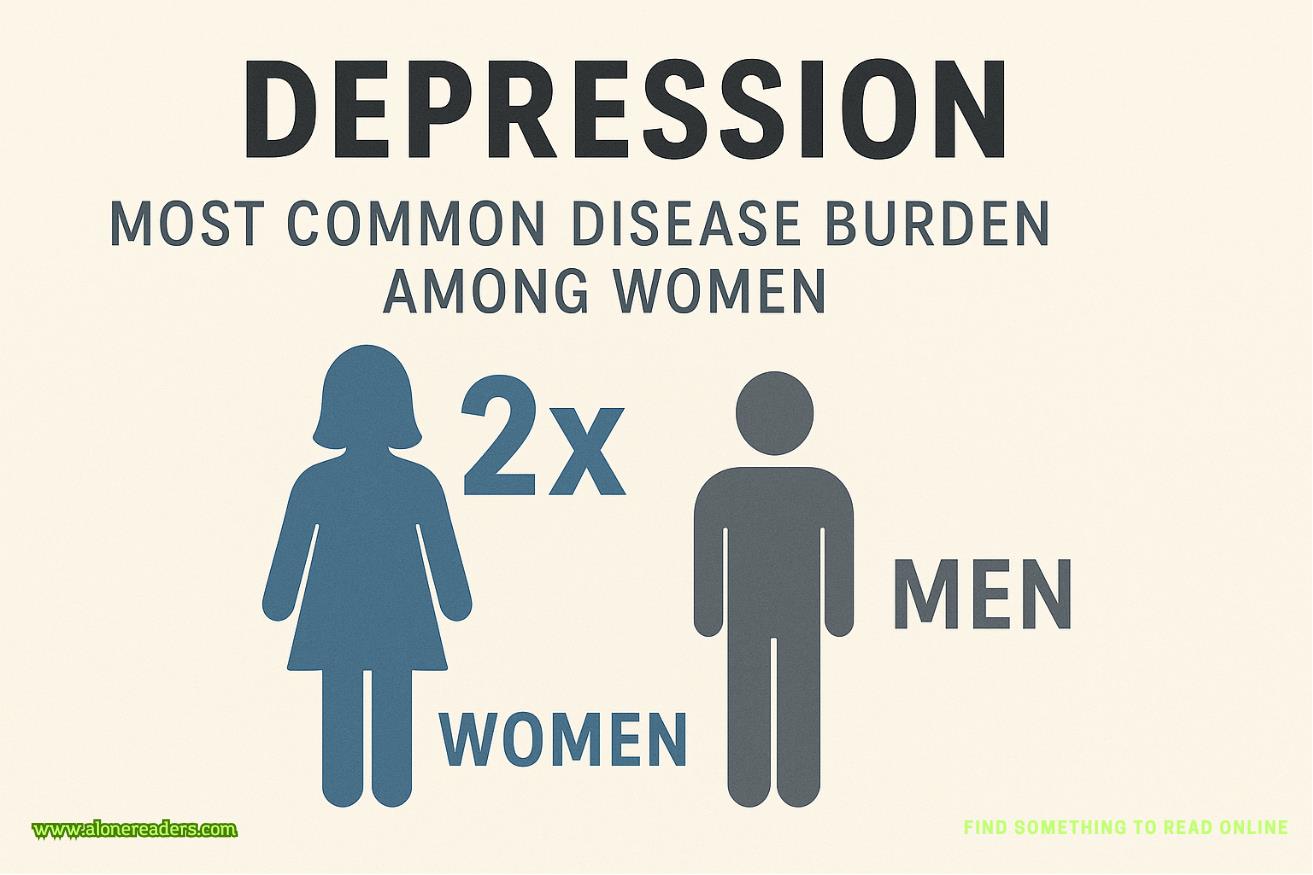Page 71 of Aftertaste
Page List Listen Audio
It was the sort of thing that might not have moved the needle at Zagat, that Michel Beauchêne might label quaint or homespun, but it was honest. His best memories of childhood, on a plate. He hoped Maura would like it.
He wanted so badly to impress her, to astonish and electrify and awe her, to see that look on her face when it tasted good, to hear that little moan, her eyes half-closed. He still had trouble wrapping his head around the two of them, how someone like her could be interested in him, but his food, the way it felt to feed her, to watch her eat—that was the real thing.
AROUND FOUR, HEstarted prep.
Huge pot of water, salted, set to boil. Ground beef and pork coming to room temperature on the counter in trim, brown-paper packages. An onion,peeled. A bag of frozen Montmorency cherries draining in a colander, a bowl beneath catching their acrid juice. Another colander lined with cheesecloth, white vinegar and salt and lemon juice curdling hot whole milk, the start of a soft farmer’s ricotta. Flour and salt and oil from the cupboard, measured out in cups, plus sour cream. An egg. Whole milk. The entire countertop cleaned and floured, lined with parchment.
Cooking this food—his dad’s food—sent a dull ache through the center of his chest. He still hadn’t tried to trigger thepechonka. Not yet. Not even after Everleigh. Kostya knew it would work; Everleigh’s return confirmed it, though deep down, maybe he’d already known. Faced with the reality of seeing his dad again, he’d hesitated. Was he really ready for a reunion? Did he know what he wanted to say, how to express all the things he needed his dad to understand? They’d haveone meal. An hour. Maybe two, if he took tiny bites. And that conversation would have to last him the rest of his life. He couldn’t squander it.
Kostya had just begun mixing the dough, his hands sticky, kneading and folding on his counter, when Maura buzzed.
FRAMED BY THEthreshold, she was like one of Mucha’sSeasons: the tingle of Winter, the seduction of Spring, the kiss of Fall, the warmth of Summer. She shrugged out of her coat, her violet hair spreading like ink across her loose white tee. Her lips were so red, stained like cherries, the tart kind that grew by his father’s childhood home.Vishnya—the word came back to him, his dad handing him a newsprint pouch, soft fruit inside.
He almost dropped the kitchen towel.
“Maura, hey. Wow.”
She handed him a chilled bottle of Moët & Chandon.
“Wow yourself.” She peeked past him, into the kitchen. “You’ve got a whole assembly line.”
“Hope you’re hungry.” He smiled, stepping back to let her in.
“Always.”
THEY POPPED THEchampagne, and then Kostya got to work.
She watched him make the dough as she sipped, her eyes feasting on his movements. He kneaded it into pillowy softness, added flour, rolled it into a long log. Then he sliced it with a sharp knife, portioned it out into neat little lumps.
“What do you do now?” she asked.
“NowImake fillings, while you roll these into little rounds. Flat like crepes, okay?” He handed her a pin. “About three-inch diameter. Lots of flour. Don’t let them stick or they’ll rip when we fill them.”
“You sure you want me in your kitchen?”
“I want you in any room.” He gave her a half smile. “Besides, I did these when I was seven. You’ll be fine.”
“Yeah, but you’re supernaturally gifted.”
“I didn’t taste a single ghost till I was eleven. These my dad taught me.”
She picked up the rolling pin, pushed it experimentally over a puff of dough.
“Did he cook a lot?”
“Whenever he wasn’t working. He loved food. Was obsessed with the tastes of things.”
“Reminds me of you.”
MAURA ROLLED ANDKonstantin mixed.
She took her time making a neat stack of thin, floury discs. When she pressed too hard, or ripped one lifting it off the counter, Kostya showed her how to mend it—pinch of new dough, sprinkle of water, press and roll until you close the tear.
“My dad used to say it should be thin enough that you can see through it, but not thin enough to fall apart.”
“And here I thought you threw me a softball.”
“You complaining in my kitchen?”
- Dirty Dealer by Kacey Shea
- Born Wild by Kacey Shea
- One Hot Night by Kacey Shea
- Hinder by Kacey Shea
- Derailed by Kacey Shea
- My Undead Heart by Kacey Shea
- Uncovering Love: The Wedding by Kacey Shea
- Detour by Kacey Shea
- Cruel Vows by Heleva Risque
- The Unexpected Lineup by K.H. Anastasia
- From Helsinki with Love by K.H. Anastasia
- Must Be Kismet by K.H. Anastasia
- All Your Tomorrows by K.H. Anastasia
- Saddle Me by Elsie James
- Luca Cubed by Grey Huffington
- Fore Better or Worse by Ellen Brooks







